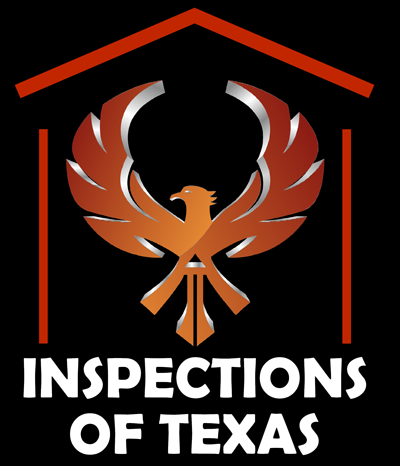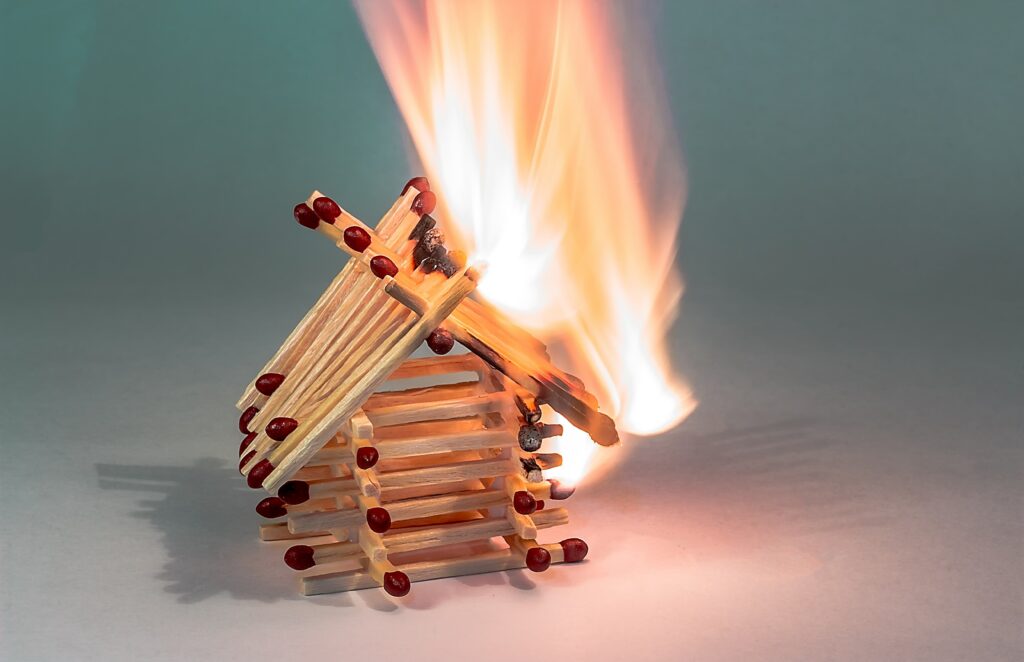Fires related to heating equipment are the leading cause of house fires in the United States of America. 19% of deaths in homes are caused by heating equipment. Deaths related to heating are from fires, gas leaks, unsafe fireplaces, old and/or non-working smoke & carbon monoxide alarms, and improperly placed space heaters. Our best bet to prevent tragedy is to have the heating equipment maintained and to use it wisely.
Safety is always first. Even though we inspect every Heating, Ventilation, and Air Conditioning system, Inspections of Texas recommends a Licensed, Professional clean and maintain every system at the time of a home purchase. Your system should be maintained twice a year – in the Fall & Spring.
At the beginning of October, it is usually still hot outside. But, somewhere between October and December, the temperatures will drop — even if it is only temporary. These months are the best months to have heating equipment inspected and maintained. Business from the hot summer months has tapered a little, so it is easier to make appointments and sometimes less expensive for maintenance.
Second, turn on the unit before you need it. If something seems strange, call for service immediately. If you are able to safely see the heating equipment, there are a few things you can check. Is there corrosion or a rust buildup that might indicate a leak? Are there strange odors, especially the smell of sulfur or rotten eggs? Are there any exposed wires? If you smell gas, leave the home immediately and call your gas company, a licensed plumber, or an HVAC technician.
Thirdly, check your filters. Are your air filters clean? DO NOT buy air filters from Amazon unless they are specifically made and designed by the Manufacturer to fit your HVAC unit. Amazon filters are often too short or too thin, even if they say they should fit. Dust and dirt bypasses the filter. Then, the whole system needs to be cleaned, especially the evaporator coil. Dirt and dust shortens life expectancy of the HVAC unit and reduces the air quality. The air filter should be a smooth, tight fit on both sides, the top, and bottom. This is true whether it is a media filter or a return vent filter. Return vent air filters should be replaced every 3 months and media air filters every 6 months. Replacing the filter as needed or more frequently is even better.
As a fourth recommendation, fireplaces should be inspected annually by a professional. Small children should be fenced off from the fireplace. A fire should never be left unattended, including when sleeping. Always close the screen when burning firewood. The screen is required. It can block embers from jumping into the room. If possible, do not burn Pine. Pine pops frequently, causing embers to jump.
Lastly, Smoke Alarms are required in every bedroom and the vicinity outside the bedrooms. Carbon Monoxide Alarms are required in all homes that have an attached garage and/or gas appliances. These devices are life-saving. They should be on one network that sets off every alarm in the house at once. Carbon Monoxide Alarms should be replaced every 7 years and Smoke Alarms every 10 years to be sure that they will respond in case of a hazard.
These are five easy ways to maintain your heating equipment. Keeping everything clean and functional is the best way to reduce your chance of a fire. By putting safety first, you can greatly minimize your risks and any costs. Even if no one is home, the costs of a house fire can be great. All these tips are an inexpensive way to keep safe!

